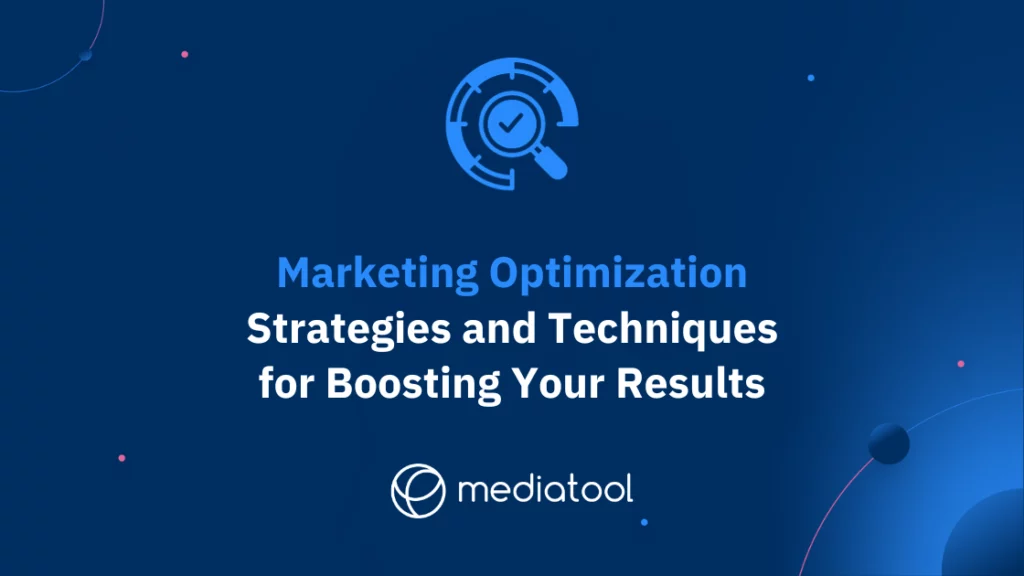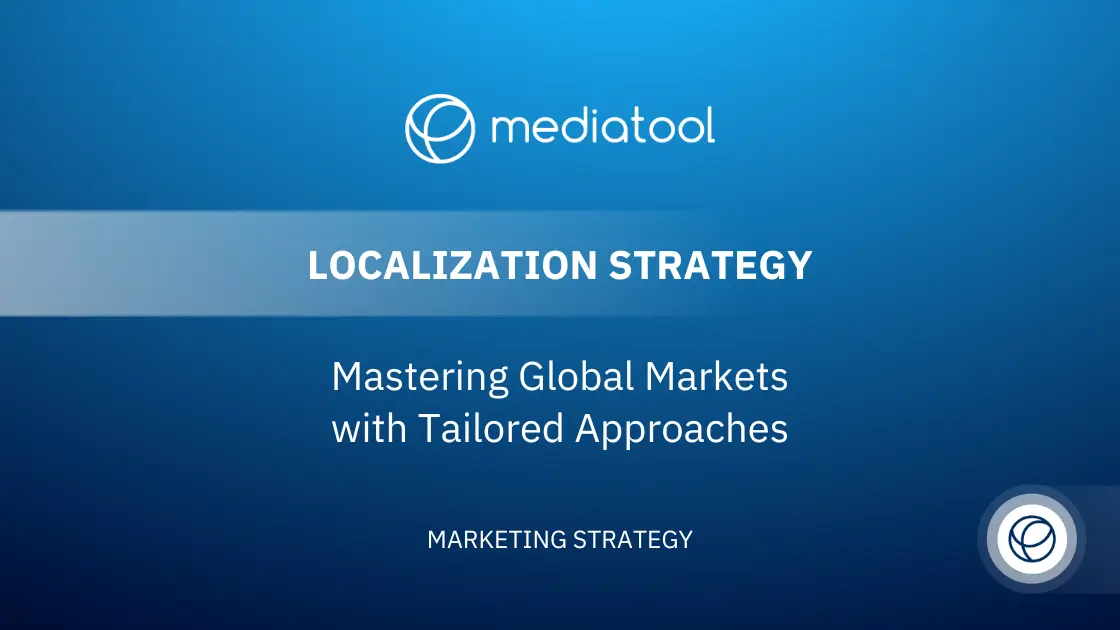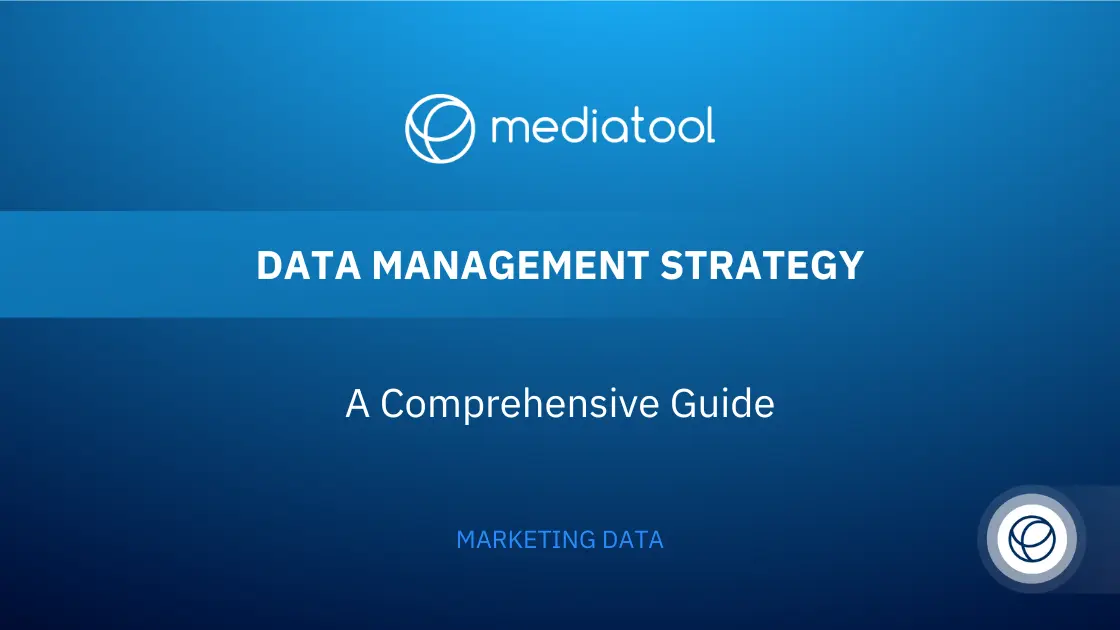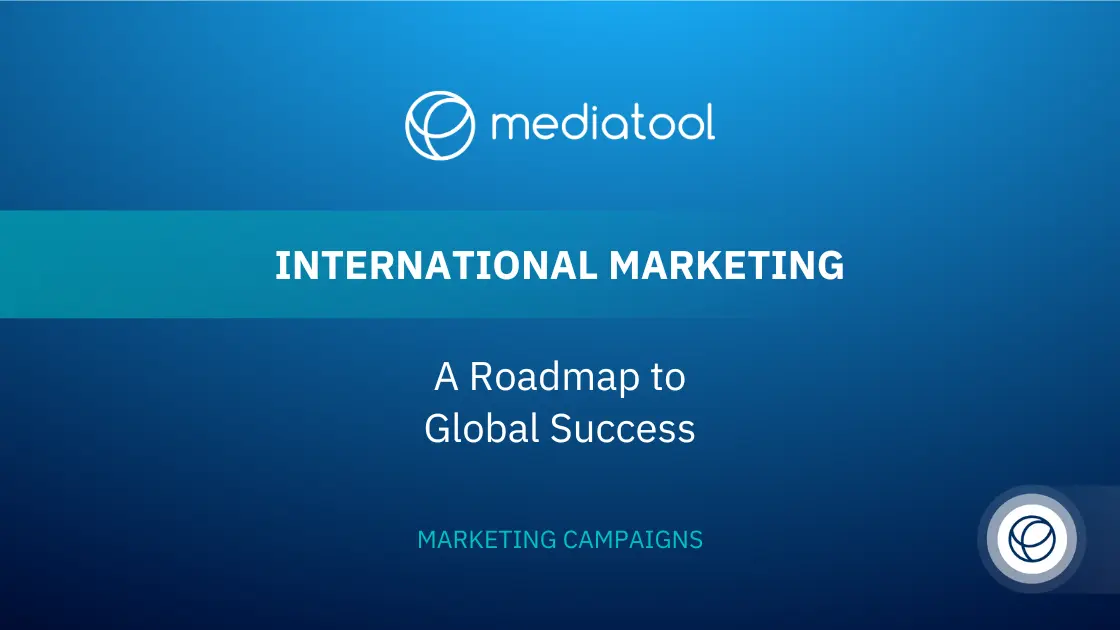Marketing optimization is all about efficiency. It’s about getting more out of what you put in.
In this article, we’ll delve into marketing optimization and provide tips on how to optimize your marketing strategy to achieve the best results.
But first…
What is Marketing Optimization?
Marketing optimization is essentially the process of enhancing your marketing efforts to achieve the best possible outcomes. Picture your marketing strategy as a collection of darts, each representing a different aspect of your marketing mix, including elements like social media marketing, digital marketing, and more. Your goal is to hit the bullseye, which symbolizes your target audience’s needs and your desired marketing results.
In this process, you meticulously analyze and refine various components of your marketing campaigns. For instance, if your product isn’t fully resonating with your target market, you might adjust it for a better fit. Or, perhaps your digital marketing optimization needs a tweak to increase website traffic or enhance search engine ranking.
This journey involves not just a single marketing campaign but an entire array of them, spanning multiple channels from Google Ads to social media platforms. By using tools like Google Analytics, you can collect data and assess key metrics like conversion rates, ad spend efficiency, and customer behavior.
But there’s another platform even more essential to optimize marketing campaigns and we’ll get into that at the end of the article.
This data analysis helps in marketing campaign optimization, enabling you to adapt your strategies for better performance metrics.
Marketing optimization isn’t a one-off task; it’s an iterative process that continually evolves based on market dynamics and customer data. It requires making informed decisions, identifying areas for improvement, and constantly fine-tuning your marketing strategies to not only attract new customers but also retain loyal ones.
Ultimately, it’s about getting the most out of every marketing dollar spent, striving for continuous improvement, and ensuring each campaign contributes effectively to your overall business objectives.
The essence of marketing optimization lies in its ability to drive more traffic, generate qualified leads, and ultimately result in more sales, all while saving time and resources for small businesses and large enterprises alike.
And let’s be real, who doesn’t love getting the best ROI?
Why is Marketing Optimization Important?
Marketing optimization is crucial for ensuring that every dollar spent on marketing campaigns contributes effectively to business goals. This involves refining strategies across various platforms, including digital marketing and social media, to maximize return on investment.
1. Targeting and Audience Engagement
Optimizing marketing efforts is key to reaching the right target audience. Tailoring campaigns for specific channels, whether in digital marketing or social media platforms, helps drive website traffic and improves search engine rankings, ultimately boosting conversion rates.
2. Data Analysis and Informed Decision Making
Effective marketing optimization requires analyzing marketing data using tools like Google Analytics. This analysis, focused on customer data and behavior, informs strategic decisions, improving marketing performance and optimizing ad spend to yield more sales and qualified leads.
3. Continuous Improvement in Marketing
Marketing optimization is a continuous process involving constant adjustments based on performance metrics. This iterative approach ensures campaigns are refined for better customer experience, leading to an increase in website visitors and new customer acquisition.
4. Aligning Marketing with Business Objectives
The ultimate aim of marketing optimization is not just saving time and resources but ensuring marketing efforts align with the target market’s needs. This strategic alignment helps generate more traffic, secure loyal customers, and achieve a better return on ad spend, especially important for small businesses.
Creating a Successful Marketing Optimization Strategy
Developing a successful marketing optimization strategy involves a series of iterative steps, each designed to enhance the effectiveness of your marketing efforts. Here’s how to apply these techniques:
Deep Understanding of Target Audience
To optimize your marketing strategy, start by gathering extensive data on your target market. Delve into demographics, interests, needs, and behaviors through surveys, focus groups, customer interviews, and thorough data analysis. This deep understanding aids in crafting marketing campaigns that resonate with your target audience.
Performance Analysis and Conversion Focus
Monitor key metrics regularly and use this data to pinpoint areas needing improvement. Concentrating on conversion rates is essential to elevate the overall performance of your marketing efforts. Smart marketers understand that improving conversions is crucial for a successful digital marketing strategy.
Segmentation for Tailored Campaigns
Segment your audience into smaller, more specific groups based on shared characteristics. This approach enables more targeted and effective ad campaigns, enhancing the relevance of your marketing messages.
Personalization Techniques
Leverage customer data and employ marketing automation tools for personalized marketing. Personalization can significantly improve customer experience and boost the chances of conversion, making it a key component of digital marketing optimization.
Testing and Continuous Optimization
Implement A/B testing to evaluate different marketing strategies, from social media marketing efforts to email campaigns. This testing helps identify the most effective approaches, allowing for ongoing optimization of your marketing campaigns.
Utilizing Multichannel Marketing
Employ multi-channel marketing to reach your audience through various platforms like social media, email, and online advertising. This broad reach is instrumental in driving traffic to your website or landing pages, thereby increasing the likelihood of conversions.
Data Analysis for Informed Decisions
Regular data analysis is critical. By examining website traffic, customer behavior, and other data metrics, you can understand what’s working and what isn’t. This analysis should inform adjustments to your marketing strategies, ensuring they remain efficient and effective.
By integrating these techniques into your marketing optimization process, your marketing team can better target customers, optimize spending, and drive meaningful business outcomes on a monthly basis. This process not only optimizes your marketing strategies but also saves time and resources, contributing to the overall success of the business.
Marketing Optimization Challenges
Every marketing strategy has its challenges, but your company can create the best marketing strategy with a focus on four steps:
- Planning
- Measuring
- Evaluating
- Improving
Planning involves setting clear marketing objectives and identifying the tactics and resources needed.
Measuring involves tracking key metrics like website traffic, conversion rates, and customer lifetime value to understand the effectiveness of your marketing.
Evaluating involves analyzing and using the data to inform decisions about what is and isn’t working.
And improving involves making adjustments and refinements to the marketing strategy based on the evaluation results. A company can optimize its marketing strategy and achieve its desired marketing objectives by following this process and continually making adjustments.
Here are some examples of marketing optimization challenges and how to address them:
Lack of Data
One challenge is insufficient or incomplete data, making it hard to make good decisions. This can be especially tough for smaller companies that may have less data.
To solve this, gather data from various sources (like surveys, customer interviews, and online analytics) to get a more comprehensive view of your target audience. Consider investing in market research to gather more customer and industry data. In 2023, collecting first-party data will continue to be a core strategy.
Limited Resources
Another challenge is limited resources (like time, budget, or people) to optimize marketing. This can make it hard to implement and test different strategies and adjust as needed. To solve this:
- Prioritize your marketing and focus on the tactics that are most likely to have the most significant impact.
- Look for cost-effective solutions and consider outsourcing specific tasks to free up internal resources.
- If you need more resources, try to secure them through strategic partnerships.
Changing Customer Needs
Customer needs and behaviors can change over time, which makes it hard to keep up and optimize your marketing efforts accordingly. To solve this, regularly gather customer data and use it to inform your marketing strategies.
Be proactive in monitoring industry trends and staying updated on changing customer needs. By staying attuned to your target audience’s needs, you can adapt your marketing to meet those needs better.
As Gen Z continues to become a driving force for the world economy, the social media landscape is shifting. Gen Z’s online platform preferences are changing, and so should your campaigns for targeting them. This makes up the ‘right place’ in the saying – targeting the right people, with the right message, at the right time in the right place.
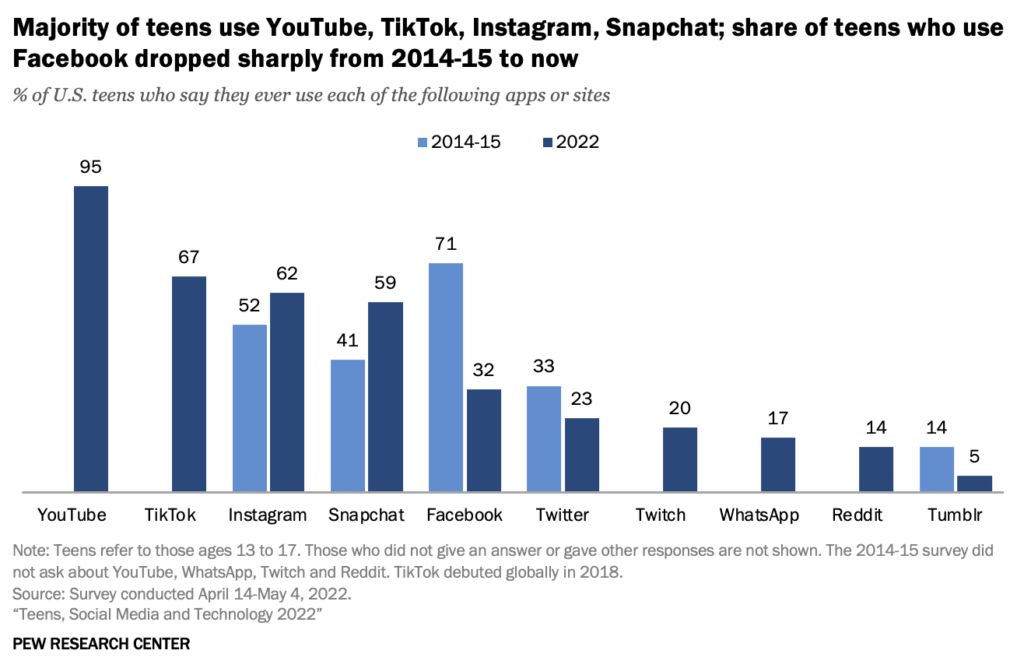
Difficulty Measuring Results
It can also be hard to accurately measure the effects of marketing optimization efforts, making it hard to determine what’s working and what needs to be improved. To solve this, use quantitative and qualitative data to get a complete picture of your marketing performance.
Use tools like A/B testing to compare the performance of different marketing tactics and identify the most effective ones. By regularly measuring and evaluating the results of your marketing activities, you can make good decisions about optimizing your marketing strategy.
Marketing Optimization With Mediatool
Mediatool provides all the resources for planning, measuring, evaluating, and improving your marketing campaigns. Make insight-driven decisions faster, improve your marketing campaign performance and demonstrate clear value using our all in one marketing management platform. Book a tour of Mediatool today.
